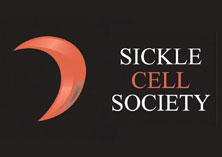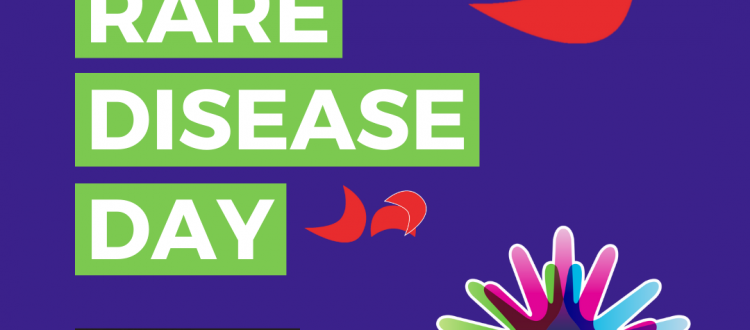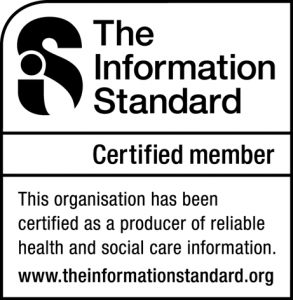Rare Disease Day 2023
Today we’re recognising rare Disease Day, working towards equity in social opportunity, healthcare & access to diagnosis & therapies for people living with a rare disease.Today we support Rare Disease Day, the globally-coordinated movement on rare diseases, working towards equity in social opportunity, healthcare, and access to diagnosis and therapies for people living with a rare disease. Sickle Cell is the fastest-growing genetic disease in the UK. The Sickle Cell Society is the only national charity in the UK that supports and represents people affected by a sickle cell disorder to improve their overall quality of life. The Sickle Cell Society believes that individuals with sickle cell have the right to quality care. This can only be achieved if funding is made available to educate health carers and other professionals about the condition. The Society aims to provide this.
The Sickle Cell supports & represents people affected by SCD to improve their quality of life.
People with sickle cell disorder are born with the condition. The main symptoms of sickle cell disorder are anaemia and episodes of severe pain. The pain occurs when the cells change shape after oxygen has been released. The red blood cells then stick together, causing blockages in the small blood vessels. These painful episodes are referred to as sickle cell crisis. They are treated with strong painkillers such as morphine to control the pain. People with sickle cell are at risk of complications stroke, acute chest syndrome, blindness, bone damage and priapism. Over time people with sickle cell can experience damage to organs such as the liver, kidney, lungs, heart and spleen. Death can also result from complications of the disorder. Treatment of sickle cell mostly focuses on preventing and treating complications. The only possible cure for the disorder is a bone marrow transplant, which is only possible for a limited number of affected individuals with a suitable donor.
Did you know?
👶Approximately 1 in 79 babies born in the UK carry sickle cell trait.
👫 Approximately 15,000 people in the UK have sickle cell disorder.
💉 A simple blood test will tell whether you have sickle cell trait or the disorder.
🏥 Children with SCD are at increased risk for stroke; the risk is highest between the ages of 2 and 16.
For advice and information, visit the Info and Support section of our website. www.sicklecellsociety.org





